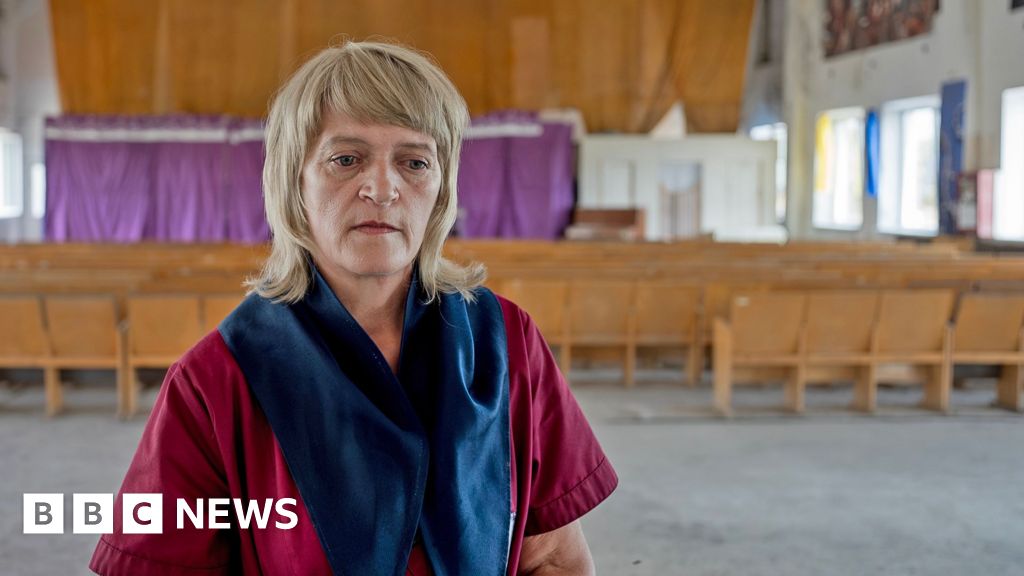Ukraine's collaboration law - are some being unfairly punished?

Tetyana Potapenko, a 54-year-old woman serving a five-year sentence for alleged collaboration with Russian occupiers, insists she acted to help her community during a humanitarian crisis. Under Ukraine's collaboration law, which was rapidly enacted in response to the 2022 invasion, nearly 2,000 individuals have been convicted, raising concerns about the law's broad application and fairness. Critics argue that the legislation fails to distinguish between genuine collaboration and actions taken under duress for survival.
Legal experts and human rights advocates highlight that the law encompasses a wide range of activities, often punishing those who provided essential services during occupation. The UN has noted that many convictions lack a legal basis and call for a more nuanced approach that considers individual circumstances. As Ukraine grapples with the consequences of its collaboration law, the balance between national security and justice remains a contentious issue.